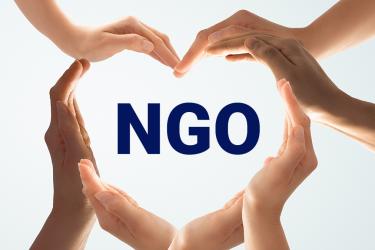Make Your Voice Heard
Amplify the voices of civil society at the United Nations! Apply for ECOSOC consultative status today.
Since its founding in 1945, the United Nations has actively partnered with non-governmental organizations (NGOs), recognizing their critical role in advancing its mission. In 1946, just 41 NGOs were granted consultative status by the Economic and Social Council (ECOSOC). Today, thousands of NGOs across the globe hold this status, contributing to areas such as education, health, poverty eradication, human rights, gender equality, and indigenous issues.
With the adoption of the 2030 Agenda for Sustainable Development, NGOs have become even more essential in helping the global community achieve its ambitious goals. As UN DESA’s Under-Secretary-General Li Junhua stressed: "Following in the success of prior conferences, we have convened distinguished speakers from a broad range of institutions: ministers and other officials from Member States and international organizations, experts and practitioners from civil society and academia, as well as youth representatives. Through this, we aim to create a productive exchange of views among a rich mix of stakeholders."
What is ECOSOC Consultative Status?
Consultative status provides NGOs with a formal relationship to the United Nations, enabling them to actively engage in its work. ECOSOC serves as the primary platform for NGOs to interact with the UN system, offering a structured framework for participation.
Why Should Your NGO Apply?
What are the benefits for NGOs having the ECOSOC Consultative status? NGOs that are accredited with ECOSOC can participate in many events, including, but not limited to, regular sessions of ECOSOC, its functional commissions and its other subsidiary bodies. Accredited NGOs enjoy numerous opportunities to contribute, collaborate, and advocate. With ECOSOC consultative status, NGOs can:
- Attend official UN meetings;
- Submit written statements in advance of sessions;
- Deliver oral presentations;
- Network with government delegations, UN officials, and other NGO representatives;
- Organize and attend parallel events that take place during the sessions;
- Participate in debates, interactive dialogues, and panel discussions.
For more information:
 Welcome to the United Nations
Welcome to the United Nations 


